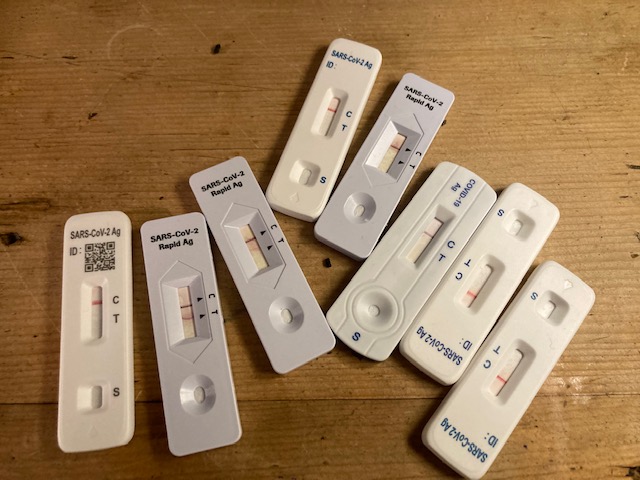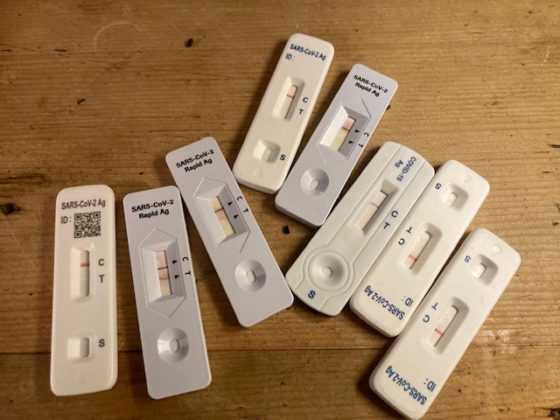From Monday, self-testing for coronavirus becomes the norm


From Monday, people testing positive for coronavirus after using a self-test kit at home no longer need to have a second PCR test at a regional health board centre to confirm the diagnosis.
The government’s advice changes from April 11 to put the emphasis on self testing and people who do test positive using a home testing kit should still go into isolation and keep away from others.
Regional testing centres will remain open for people who work in healthcare or are in vulnerable health and who are unable to use a self-test kit. People who need proof of recovery, for example because of travel abroad, can also have a formal PCR test.
‘Self tests are reasonably reliable but they do get it wrong,’ Alma Tostmann, an epidemiologist at Radboudumc teaching hospital told Radio 1 news.
Other issues too need to be solved, she said. ‘People who develop long covid, which they only discover after a time, will no longer have health board proof that they had coronavirus, and I am not sure how that is going to work out,’ Tostmann said.
Some regional testing centres are now being dismantled and the RIVM will no longer provid a daily update on the infection rates at weekends and on public holidays. The number of tests at GGD test centres had already fallen by one third last week.
An average of 13,000 people tested positive per day in the seven days to Friday April 8. Around 110 people are currently being treated for coronavirus on an intensive care hospital ward.
Strategy
The government’s Outbreak Management Team said in February that self testing should be the norm, but recommended the tests be free. However, the government decided against this.
Health officials will continue to monitor the spread of the virus using tests on sewage water.
Work is also currently underway on drawing up a long-term strategy to deal with coronavirus, based on four different scenarios. The new approach is due to be published in June.
Thank you for donating to DutchNews.nl.
We could not provide the Dutch News service, and keep it free of charge, without the generous support of our readers. Your donations allow us to report on issues you tell us matter, and provide you with a summary of the most important Dutch news each day.
Make a donation